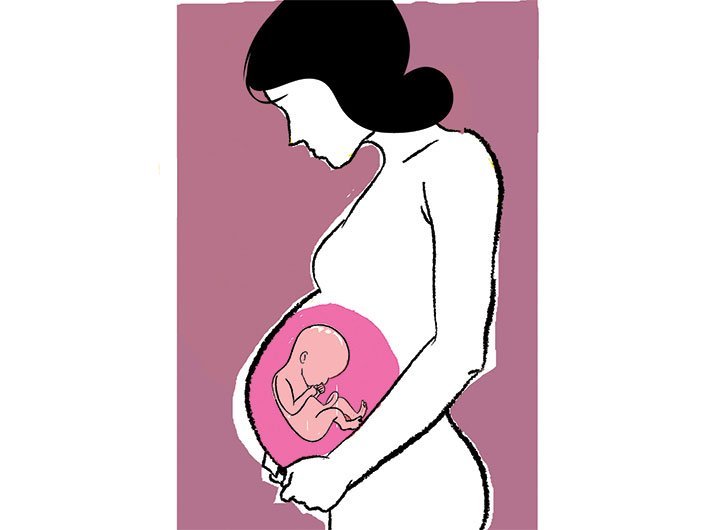It’s hard to escape the impression that the main purpose of the increased maternity leave benefits is public relations.
Some women currently employed in formal sector jobs may find their positions terminated by employers not wishing to bear the cost and a certain number of women graduates waiting to enter the formal labour force may find themselves unemployed because employers are reluctant to hire women in their child bearing years, said an article on the Maternity Benefit (Amendment) Bill 2016 that was hosted on the Observer Research Foundation (ORF) website.
On March 9, 2016, the Lok Sabha approved the Bill, having already been approved by the Rajya Sabha in the winter session of Parliament.
The article by Rupa Subramanya, a Mumbai based commentator, economist and researcher, said the Bill only awaits the signature of the President before it becomes law. Its main and much talked about provision is increasing paid maternity leave from 12 to 26 weeks. This change is in line with the recommendation of the 44th session of the Indian Labour Conference, a high level advisory group convened by the Ministry of Labour and Employment (MLE). The move is also in line with recommendations by the Ministry of Women and Child Development (WCD) and associated stakeholders going back to the previous Congress led government.
She wrote that as a matter of economics, increasing maternity leave benefits that must be fully paid by the employer (unlike in some other countries where the costs are either shared between employer and employee or are fully borne by the government) will decrease the demand for labour from employers who now perceive an increase in cost.
Likewise, we should expect to see an increase in the supply of labour from women now wishing to work who had been deterred from doing so in the absence of the enhanced maternity leave benefit.
Thus, basic theory suggests that the net effect will be to either drive down women’s wages and or increase female unemployment, if wages fail to adjust. But this textbook economics altogether misses the fact that women’s labour force participation in India is 25% or less, as variously estimated by the International Labour Organisation (ILO) and from India’s National Sample Survey Organisation (NSSO) data. What is more, estimates by MLE and ILO suggest that less than 5% of female workers aged 15-49 are in the formal or organized sector. What this implies is that effectively those covered by paid maternity leave whether the old or the new provision are at best a small number of relatively privileged women working in formal sector jobs. The vast number of women working in the informal sector effectively have no social protections at all, forget about paid maternity leave benefits, the article says.
Add to this the well-known reality of poor implementation and even poorer monitoring and the truth is relatively few women benefit from paid maternity leave now, and by definition, therefore, very few stand to gain from the benefits being increased.
She went on to say that it’s hard to escape the impression that the main purpose of the increased maternity leave benefits is public relations, either aimed at educated urban women or targeted for international consumption where India is approvingly clubbed with rich countries like Norway and Canada as having the highest paid maternity leave in the world.
There’s a reason why India is an outlier among emerging economies in having such generous maternity leave benefits, and that is the simple fact that such generous social protections evolve over time as countries become richer. Countries with generous social protections today most definitely did not have those while they were developing in the 18th and 19th centuries. The best route to strong social protections is through rapid economic development which both creates the infrastructure and tax base as well as the demand for more generous benefits. Legislating generous benefits in a still poor country is putting the cart before the horse and is sure to fail. All that will happen are more frustrated women unable to find work, employers unwilling to hire women, and more non-compliance and non-enforcement of existing laws for a state that is already stretched thin trying to do far too many things with too few resources.
“Labour Minister Bandaru Dattatreya termed the bill a ‘humble gift to India’s women’. In fact it’s a Trojan horse we neither need nor want. In the interests of India’s women, the bill ought to be repealed. In future, such legislation must follow a rigorous cost benefit analysis and only be put forward if it does more good than harm to society as a whole, not just to an intended beneficiary group,” wrote Subramanya.
